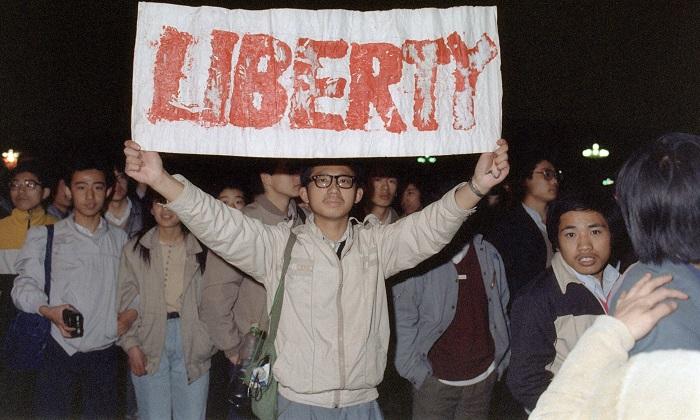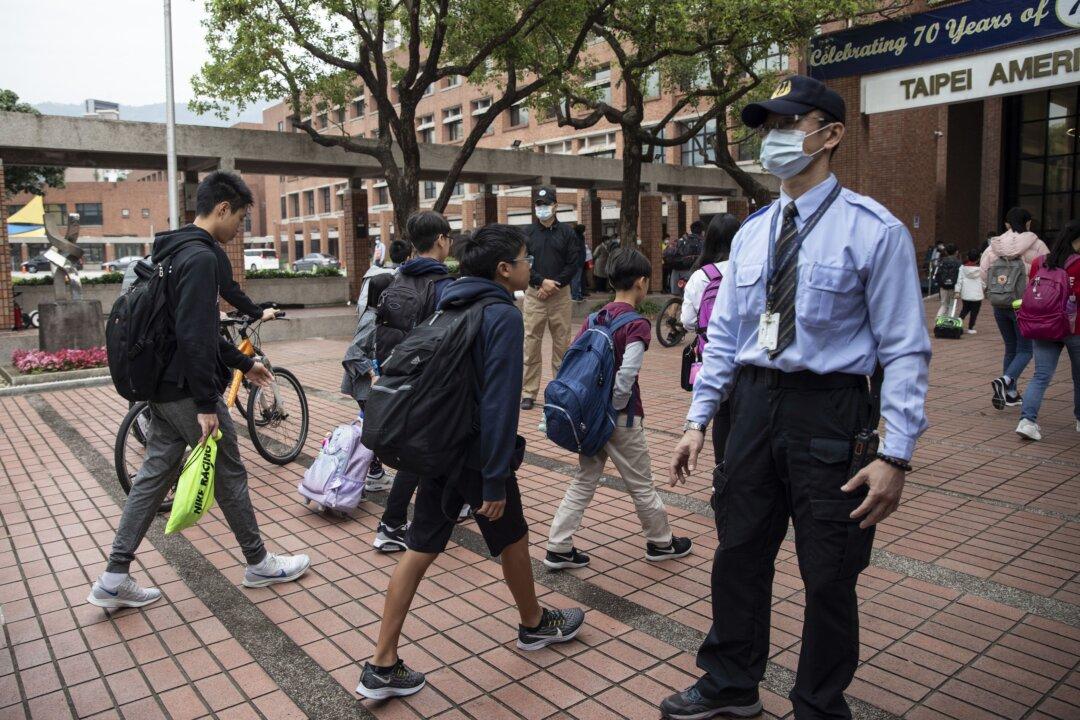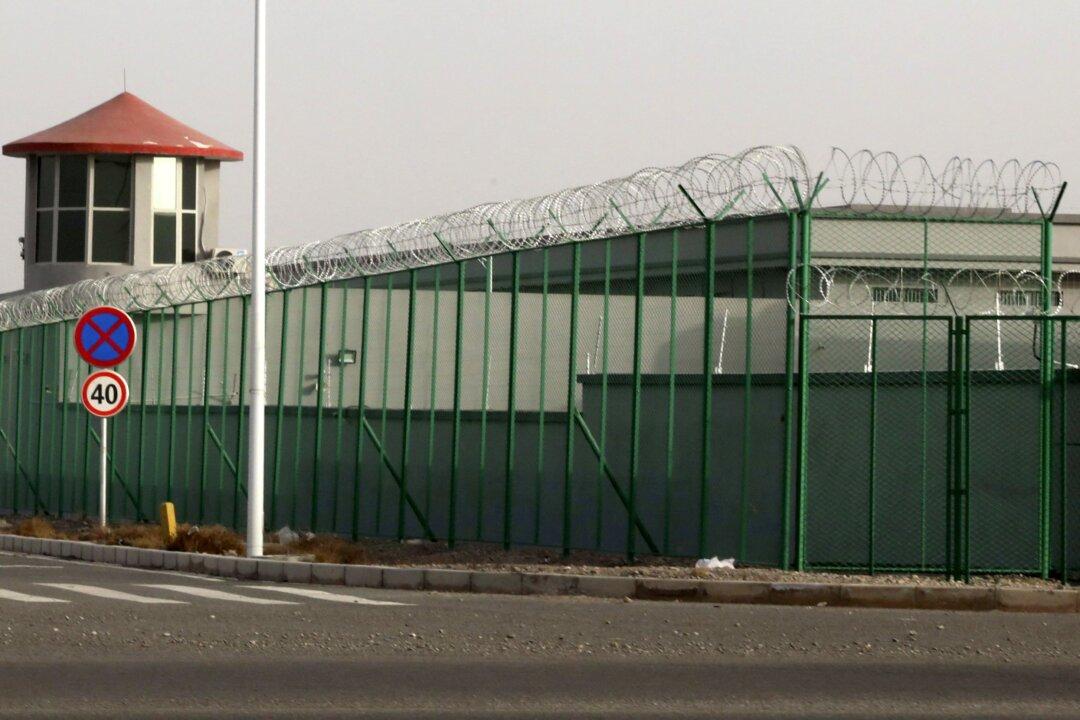In 1989 as the Berlin Wall crumbled, totalitarianism, as devised by Lenin for Russia in 1917, appeared to be gone; a more peaceful and just world seemed achievable. Francis Fukuyama of the U.S. State Department penned an article and later a book, “The End of History,” indicating that liberal democracy was the final form of government.
Liberal democracy, respecting voters and human dignity, political and gender equality and the rule of law, was then thought by many to have won the great ideological battle of the 20th century.





